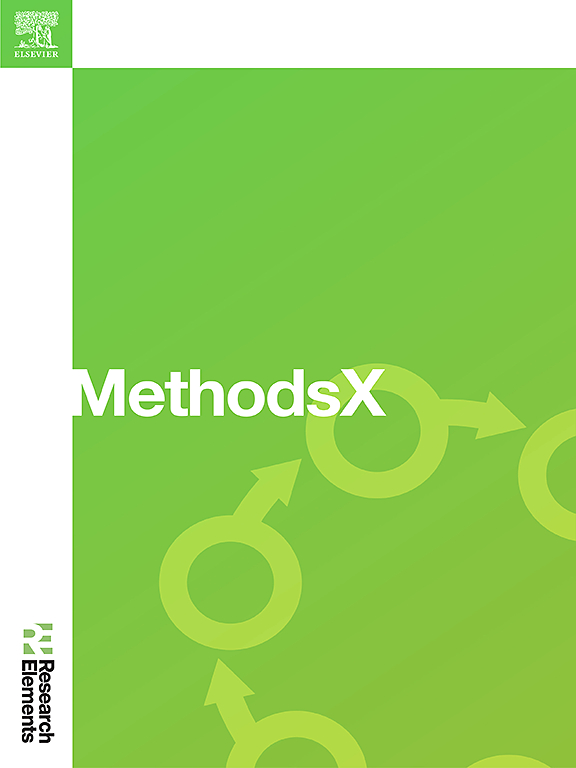QCAE-QOC-SVM: A hybrid quantum machine learning model for DoS and Fuzzy attack detection on autonomous vehicle CAN bus
IF 1.6
Q2 MULTIDISCIPLINARY SCIENCES
引用次数: 0
Abstract
In this study, we introduce a hybrid quantum machine learning method to identify Normal signal, DoS, and Fuzzy attacks on the CAN bus utilized in autonomous vehicles. Our approach is a combination of a Quantum Convolutional Autoencoder (QCAE) and a Quantum Orthogonal Classifier based on Support Vector Machines (QOC-SVM). The method effectively extracts patterns from CAN bus traffic with the help of quantum-powered classification for accurate anomaly detection. The model was assessed using a public and custom dataset of 300,000 instances generated through the CARLA simulator and was run on a high-performance computing facility. Results from the experiments show that the QCAE-QOC-SVM model performs better than conventional machine learning (ML), deep learning (DL), and other quantum machine learning (QML) models with an F1 score of 99.43 % when the batches-to-batch size ratio is 7741:31. These findings indicate the possibility of quantum machine learning to significantly improve strong defense mechanisms against cyber-attacks for intelligent transportation systems. The high accuracy and resistance of the model proposed indicate good prospects for real-time autonomous vehicle security, with enhanced detection of sophisticated attack patterns. Our contribution is substantial in the creation of future-proof cybersecurity solutions for the fast-changing autonomous vehicle technology and intelligent transportation system domain.
- •Introduction of a hybrid quantum machine learning model for attack detection on autonomous vehicle CAN buses.
- •Demonstrated superior performance with an F1 score of 99.43 % compared to traditional ML, DL, and QML models.
- •Showed the potential of quantum machine learning in strengthening defense systems for intelligent transportation networks.

QCAE-QOC-SVM:用于自动驾驶汽车CAN总线DoS和模糊攻击检测的混合量子机器学习模型
在这项研究中,我们引入了一种混合量子机器学习方法来识别自动驾驶汽车中使用的CAN总线上的正常信号,DoS和模糊攻击。我们的方法是量子卷积自编码器(QCAE)和基于支持向量机(QOC-SVM)的量子正交分类器的组合。该方法利用量子分类技术从CAN总线流量中有效提取模式,实现准确的异常检测。该模型使用由CARLA模拟器生成的30万个实例组成的公共和自定义数据集进行评估,并在高性能计算设施上运行。实验结果表明,当批大小比为7741:31时,qcae - qc - svm模型的F1分数达到99.43%,优于传统机器学习(ML)、深度学习(DL)和其他量子机器学习(QML)模型。这些发现表明,量子机器学习有可能显著改善智能交通系统抵御网络攻击的强大防御机制。该模型的高准确性和抗阻力表明,通过增强对复杂攻击模式的检测,自动驾驶汽车的实时安全性具有良好的前景。我们在为快速变化的自动驾驶汽车技术和智能交通系统领域创建面向未来的网络安全解决方案方面做出了重大贡献。•引入混合量子机器学习模型,用于自动驾驶汽车CAN总线的攻击检测。•与传统的ML、DL和QML模型相比,F1得分为99.43%,表现出卓越的性能。•展示了量子机器学习在加强智能交通网络防御系统方面的潜力。
本文章由计算机程序翻译,如有差异,请以英文原文为准。
求助全文
约1分钟内获得全文
求助全文
来源期刊

MethodsX
Health Professions-Medical Laboratory Technology
CiteScore
3.60
自引率
5.30%
发文量
314
审稿时长
7 weeks
期刊介绍:
 求助内容:
求助内容: 应助结果提醒方式:
应助结果提醒方式:


